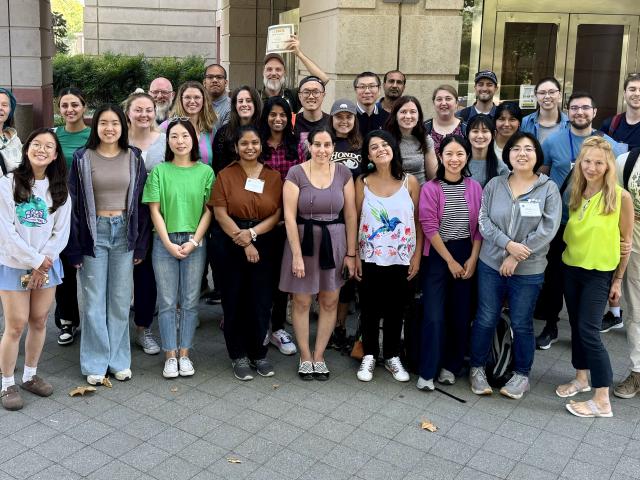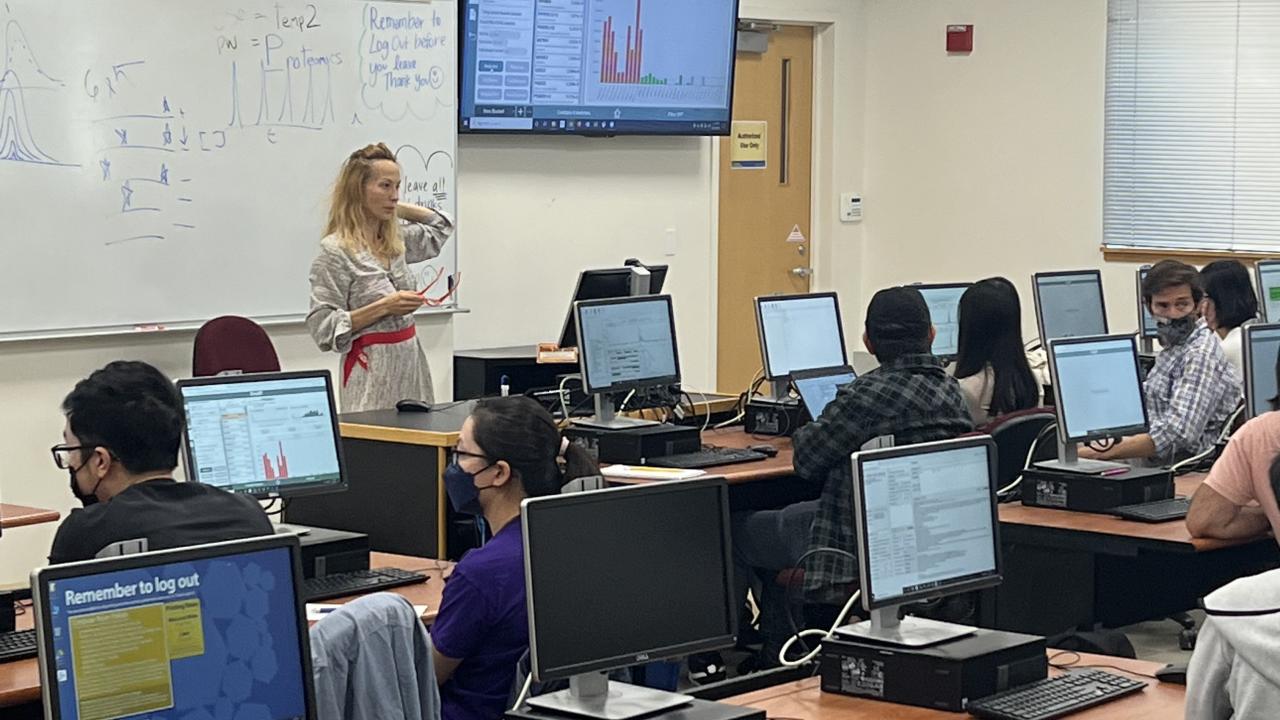Proteomics in the last few years has really seen some rather dramatic advances.
Most of these have been in the proteomic profiling space where Deep Learning combined with Data Independent Acquisition (DIA) and fast chromatography has led to some really startling advances
DIA is a rather strange term for a way to operate a mass spectrometer that acquires data is a way that is independent of the sample being analyzed . This is in contrast to older Data Dependent Acquisition (DDA) where the mass spectrometer will acquire data and make decisions on the fly, individually isolating a fragmenting peptides as it "see's" them in real time.
Now this sounds cool right? Why would we not want the mass spectrometer to tailor it's acquisition depending on the sample it is analyzing ?
Well a few reasons (I'm simplifying here)
- They actually don't do it very well
- Complex samples (think a lysate) have way to many peptides for the mass spectrometer to actually isolate and fragment individually)
- Isolating individual peptides and fragmenting them to determine their sequence is both inefficient and impossible with complex samples.
- The data tends to be more stochastic, that means every time you analyze a sample it will be a little different, and sometimes more than a little different because the mass spectrometer will make slightly different decisions every time you analyze the same sample!
- You need to run the instrument longer to give the mass spec more time to try and isolate individual peptides.
- Quantitation is not as specific and generally worse because you have fewer signals to work with (this statement is highly simplified, but it will become clearer when you look at the data)
So DIA to the rescue. It will give let you identify more protein's with better quantitation in less time. And it's cheap and less time consuming compared to label based quantitation like using Tandem Mass Tags which are discussed here
There are a lot of applications you can do with DIA. Such as
- Proteomics Profiling
- Affinity Purification Mass spectrometer (AP-MS)
- BioID - An Exciting complement/ alternative to AP-MS
- Post Translational modification Discovery
- High-Throughput Proteomic Profiling (think 100-300 samples analyzed a day!)



